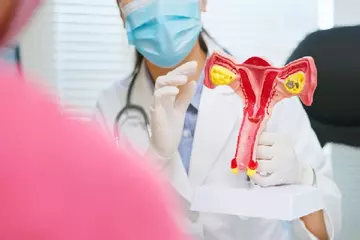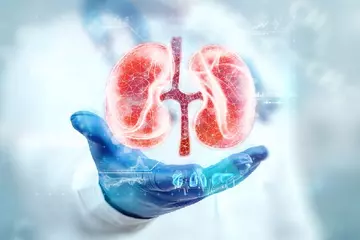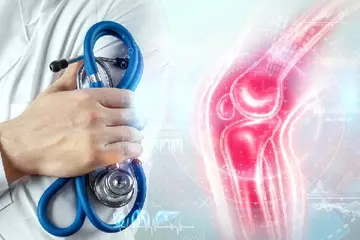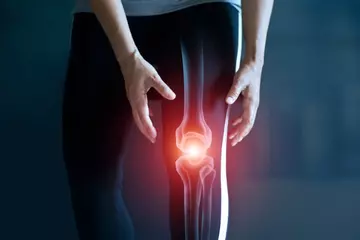What is carcinoid syndrome?
Carcinoid tumours are abnormal cells originating in cells that have both nerve-like and endocrine-organ like properties i.e., neuroendocrine cells. They are most commonly found in the digestive tract. Sometimes people who have cancerous carcinoid tumours experience difficult conditions and symptoms which are not in sync with their disease. This can often be explained as Carcinoid Syndrome – a condition which occurs as a result of secretion of chemicals from carcinoid tumours. The symptoms may be experienced in various parts of the body, and in a variety of manifestations.
What are its main signs and symptoms?
Symptoms may vary depending on where the tumour is, and also the kind of chemicals that have been secreted by it. Common symptoms include
- Lesions or bruises, prominent vein-like appearance as a result of purplish tinging of the skin
- Diarrhoea and abdominal cramps
- Hot flushes which are observed as redness in the face, and a feeling of heat in the chest which may last from between a few minutes to longer than a couple of hours
- Racing heartbeat
- Breathing difficulty
What are its main causes?
The carcinoid tumour is the cause of all symptoms and the syndrome. This usually occurs when the cancer is at a more advanced stage, although there have been few reported cases of carcinoid syndrome in earlier stages as well.
Carcinoid tumours are usually found in the rectum, colon, intestine, stomach or digestive tract. They secrete chemicals, which, in turn, cause the symptoms. Not all carcinoid tumours cause the syndrome since not all of them secrete chemicals.
Often, the chemicals are neutralised by the liver before they reach the blood and the symptoms start to be apparent. In some cases, the tumour may be too far from the liver for it to neutralise the chemicals, or the tumour may either be in the liver or have spread to it, causing the chemicals to reach the bloodstream and manifest as carcinoid syndrome.
How is it diagnosed and treated?
Most specialists who are treating this cancer and are aware of the patient’s history would be able to diagnose the syndrome without much difficulty. They may, however, run some tests to rule out stomach related issues like diarrhoea. Diagnostic tests include:
- Urine test to check for the presence of serotonin which is released by carcinoid tumours
- Blood test for Chromogranin A, a carcinoid chemical
- CT scans and imaging to locate the tumour and check for its spread
There is no real treatment for the syndrome, instead, it is for the cancer itself. Methods employed include:
- Surgical removal
- Injecting medicines like octreotide and lanreotide to reduce skin flushing and diarrhoea, and slowing growth of the tumour
- Arresting supply of blood to the liver through hepatic artery embolization which cuts off the supply of blood to cancer cells
- Using radiofrequency ablation to heat, and cryotherapy to freeze the cancer cells in the liver and kill them
- Boosting the immune system using interferon alfa which slows the growth of tumours and provides relief from symptoms
- Chemotherapy for cancer

 OTC Medicines for Carcinoid Syndrome
OTC Medicines for Carcinoid Syndrome















